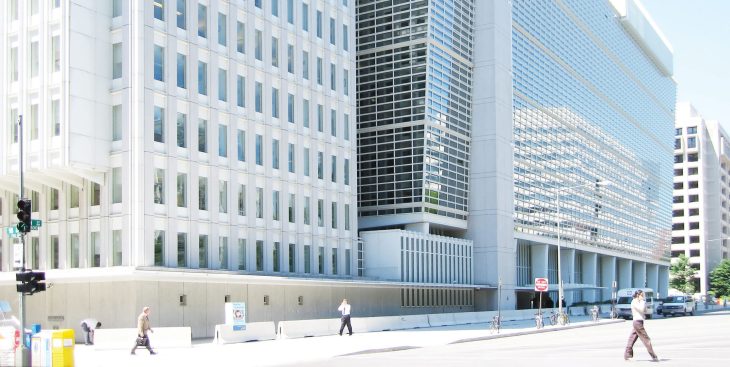
Stabilizing Malawi’s Economy: Tackling Exchange Rate Spreads to Fuel Business Growth
Key Business Points
- Currency misalignment: The gap between Malawi’s official and parallel-market exchange rates has peaked at over 150 percent, highlighting the need for foreign exchange market reforms to stabilize the economy.
- Low foreign exchange reserves: The Reserve Bank of Malawi’s (RBM) limited reserves are exacerbating the currency misalignment, making it essential for businesses to diversify their foreign exchange sources.
- Structural challenges: The government’s reliance on administrative measures is not addressing the core structural issues, such as the widening trade deficit, which is affecting the economy and business operations.
The Malawi Economic Monitor (MEM) report by the World Bank reveals that the country’s currency misalignment has worsened since the November 2023 devaluation. The gap between the official and parallel-market exchange rates has continued to widen, with the spread between the bureau and official rates hovering around 10 to 12 percent. The World Bank attributes this growing misalignment to persistently low official foreign exchange reserves, limited exchange-rate flexibility, and continued sales of foreign currency to authorized dealer banks. As the Chichewa proverb goes, "Mkatogo wa njala ndi mchere" (the hunger for goods is what causes scarcity), highlighting the need for Malawi’s business community to prioritize production and productivity.
The RBM has been a net seller of foreign exchange, selling $2.9 billion to authorized dealers while only purchasing $2.4 billion over the same period. This has drained reserves, and the report notes that foreign exchange market distortions, combined with structural issues and a widening trade deficit, have contributed to the depletion of reserves. The government’s policy response has been criticized for relying heavily on administrative measures that fail to address core structural challenges. Kugawa kwa njira za malonda (finding ways to address challenges) is crucial for Malawi’s economic growth, and businesses must be proactive in seeking solutions.
Speaking at the RBM Malawi Investor Symposium, RBM Governor McDonald Mafuta Mwale said the central bank is now expanding its focus toward supporting production and productivity. This shift in focus is expected to have a positive impact on the economy, as it will help to increase foreign exchange earnings and reduce the country’s reliance on imports. In an interview, Financial Market Dealers Association President Leslie Fatch attributed the ongoing currency challenges to unresolved structural problems. He noted that once the supply of foreign exchange is sufficient, there will be no motivation for players to go to the parallel market, which remains a hot issue due to the unresolved structural issues. As the Malawian business adage goes, "Kuwononga njala kumenyana" (it takes a collective effort to solve problems), emphasizing the need for collaboration between the government, private sector, and stakeholders to address the country’s economic challenges.
What are your thoughts on this business development? Share your insights and remember to follow us on Facebook and Twitter for the latest Malawi business news and opportunities. Visit us daily for comprehensive coverage of Malawi’s business landscape.
- Revitalising Malawi’s Economy: Key Reforms to Drive Growth and Prosperity - December 20, 2025
- Catalyzing Growth: Driving Job Creation and Economic Prosperity in Malawi - December 20, 2025
- Relief on the Horizon: Lower Prices Pave Way for Potential Rate Cut, Aiding Malawi’s Economic Growth - December 19, 2025
